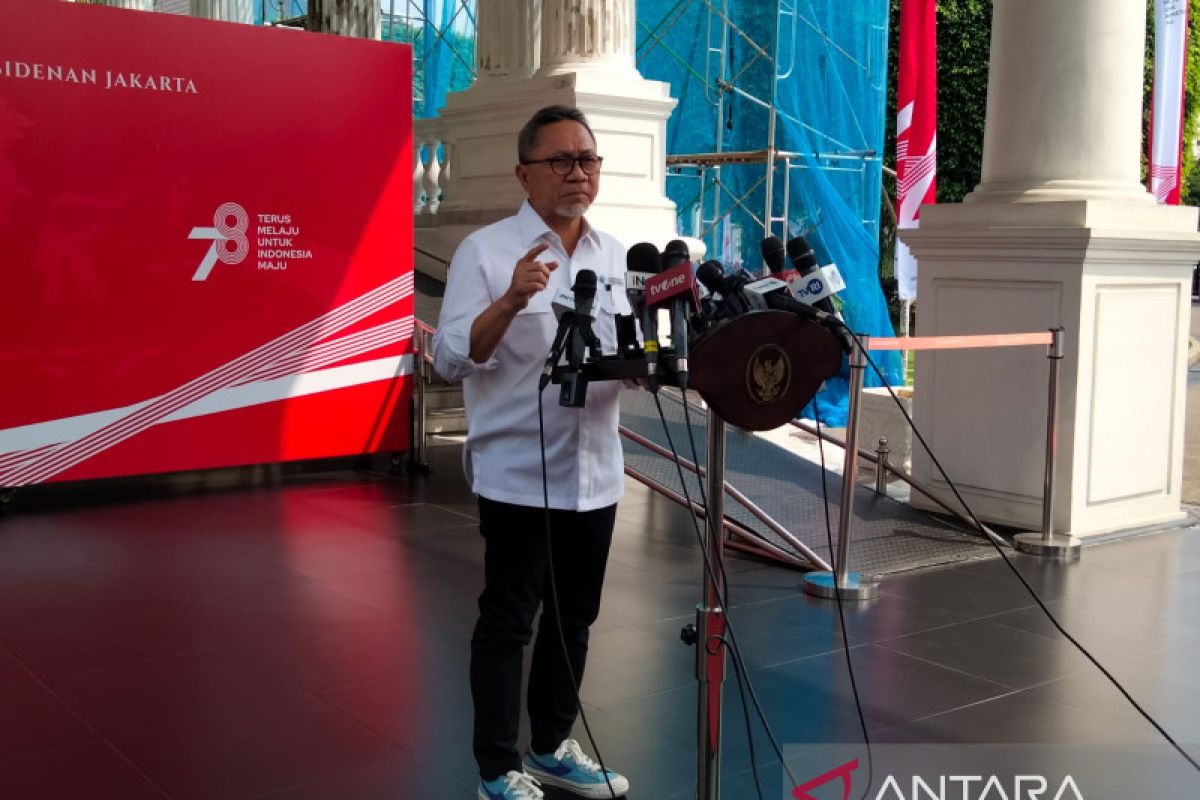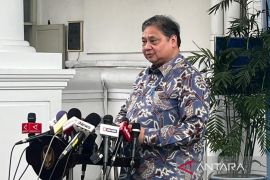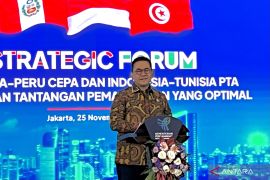According to Hasan, the policy was discriminatory in nature, as it targeted products exported from Indonesia that should be guaranteed to be free from deforestation, especially for plantation commodities.
"That is very discriminative. Therefore, we will negotiate and fight. We will also invite countries in common, such as Malaysia," the minister stated at the Presidential Palace Complex in Jakarta, Thursday.
The minister remarked that the regulation hampers the export of Indonesian products since several plantation commodities, such as coffee, pepper, cocoa, palm oil, rubber, and cloves, are required to pass verification that guarantees that these products do not come from areas resulting from deforestation.
Hence, exporters should improve the governance of the Indonesian plantation industry.
According to Hasan, if violations are found, exporters can be fined up to four percent of the EU-earned revenue.
Speaking in connection with that matter, Coordinating Minister for Economic Affairs, Airlangga Hartarto, said Indonesia would be disadvantaged on account of that regulation. In fact, the EUDR policy tends to lead to ecological discrimination.
Moreover, Hartarto noted that the EUDR applies a benchmarking scheme that classifies countries into three types: low-risk, standard, and high-deforestation countries.
In fact, the EUDR policy framework has long been negotiated in the European Parliament, but it was only promulgated in April 2023, he remarked.
The EUDR officially took effect on May 16, 2023, but the European Union has provided a transition period for large companies to implement the new rules within 18 months, while small companies get a 24-month transition phase, Hartarto stated.
Related news: Indonesia has 18 months before EU Deforestation Regulation enacted
Related news: Minister Hartarto firmly rejects discrimination in EUDR, CBAM policies
Related news: Hartarto, European Parliament delegates discuss IEU-CEPA
Translator: Mentari Dwi G, Resinta S
Editor: Azis Kurmala
Copyright © ANTARA 2023











